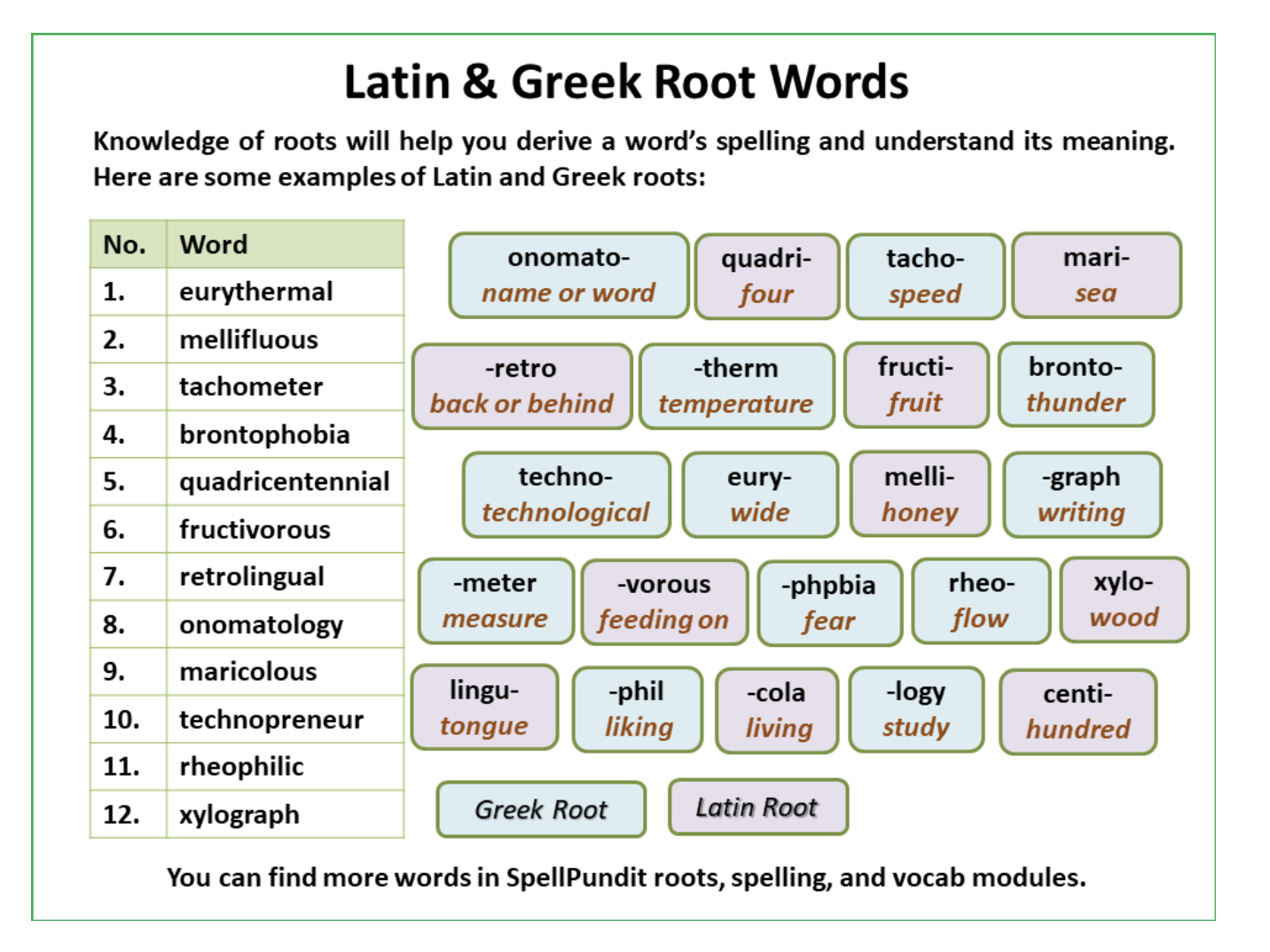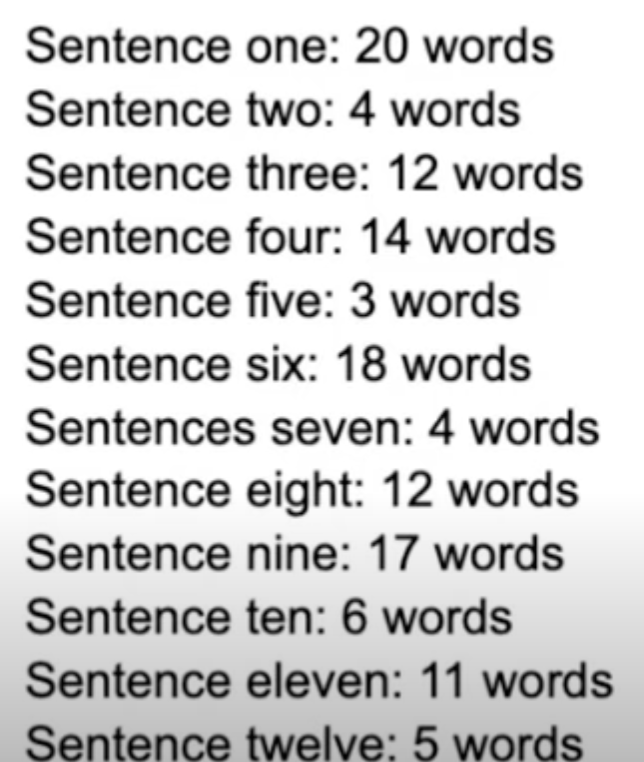
What Happened When We All Stopped is a children’s book and animated poem by Tom Rivett-Carnac, illustrated by Carla Kreuser and Bee Rivett-Carnac. It explores life after a health pandemic, like COVID-19, from the viewpoint of people at home observing nature. The story suggests that this time of quiet can help the Earth heal and remind us how to live in harmony with nature.
Spark your thinking!
1. Set up your language arts mini spark recording page: #77: Pandemic Poetry
2. Read this article about Jane Goodall. Record 5 details about her life on your recording sheet.
3. Tom Rivett-Carnac wrote the children’s book What Happened When We All Stopped in partnership with the Jane Goodall Institute. The book, read by Jane Goodall, is about what happens after a health pandemic and how to build back better. Watch this animated poem.
4. On your recording page
- write about what changed from the beginning of the poem to the end
- write about your favorite part of the poem
5. Choose one activity
- Write a 5-10 sentence personal reflections about a natural place that feels peaceful. Incorporate sensory images to help the reader understand what it feels like to be there.
- Write your own poem about nature.
6. Share your language arts mini spark recording page with your teacher/EY coordinator.
Check out the Jane Goodall Badge at the EY Website.



 Across the Pacific, myths and legends are passed down through oral tradition. The myth of Dakuwaqa is deeply rooted in Fijian culture and serves as a reminder of the interconnectedness between humans and the natural world, as well as the consequences of greed and disrespect for the environment.
Across the Pacific, myths and legends are passed down through oral tradition. The myth of Dakuwaqa is deeply rooted in Fijian culture and serves as a reminder of the interconnectedness between humans and the natural world, as well as the consequences of greed and disrespect for the environment. It is helpful to be able to recognize and understand adages and proverbs in the stories you are reading.
It is helpful to be able to recognize and understand adages and proverbs in the stories you are reading. Learning Greek and Latin roots can help your understand English better, improve your vocabulary, and learn how to read and spell new words.
Learning Greek and Latin roots can help your understand English better, improve your vocabulary, and learn how to read and spell new words. 4. Make flash cards for each of the pink and blue buttons. On one side put the root and the other side put the meaning. Study the cards. 5 times.
4. Make flash cards for each of the pink and blue buttons. On one side put the root and the other side put the meaning. Study the cards. 5 times.

 Nonfiction poetry focuses on conveying facts about subjects through engaging and creative narratives. Nonfiction poetry can be a fun and thought-provoking way to tell a story or impart information.
Nonfiction poetry focuses on conveying facts about subjects through engaging and creative narratives. Nonfiction poetry can be a fun and thought-provoking way to tell a story or impart information.

 When reading a favorite story, take some time to notice the length of the sentences you are reading. Writers often use a variety of sentence lengths to create a rhythm. Using long sentences with lots of details, short and sweet to the point sentences, and combined with mid length sentences will make your story flow.
When reading a favorite story, take some time to notice the length of the sentences you are reading. Writers often use a variety of sentence lengths to create a rhythm. Using long sentences with lots of details, short and sweet to the point sentences, and combined with mid length sentences will make your story flow.
 We celebrate national opposite day on January 25th. We don’t have to only celebrate opposite day on January 25th. Check out some of these resources to celebrate any day of the year!
We celebrate national opposite day on January 25th. We don’t have to only celebrate opposite day on January 25th. Check out some of these resources to celebrate any day of the year!